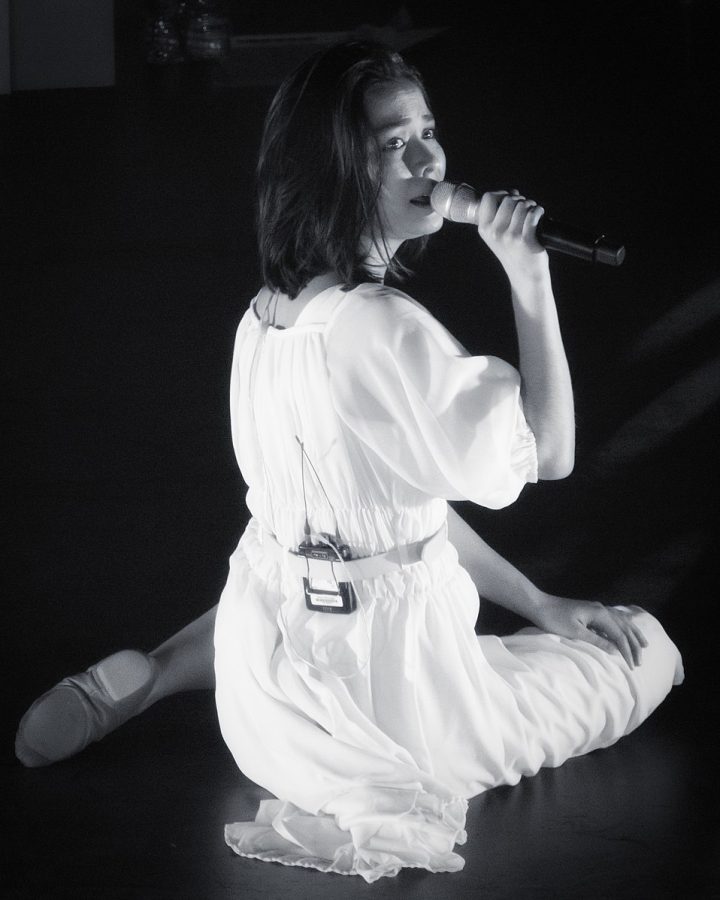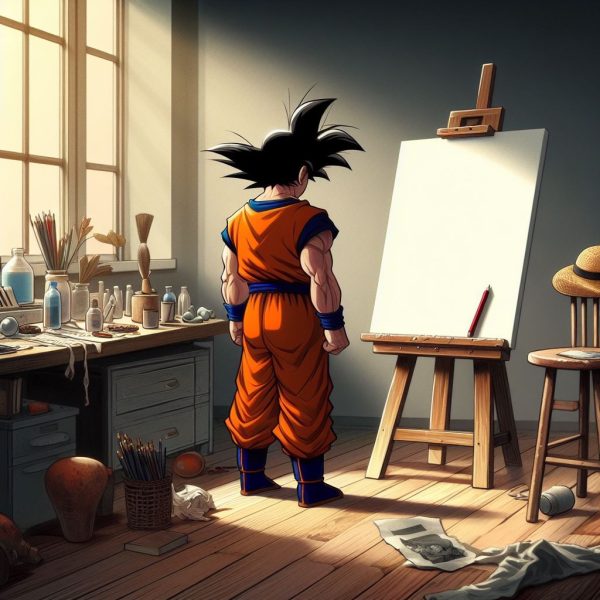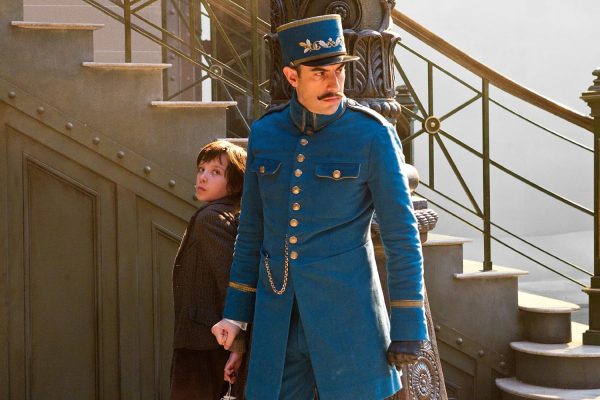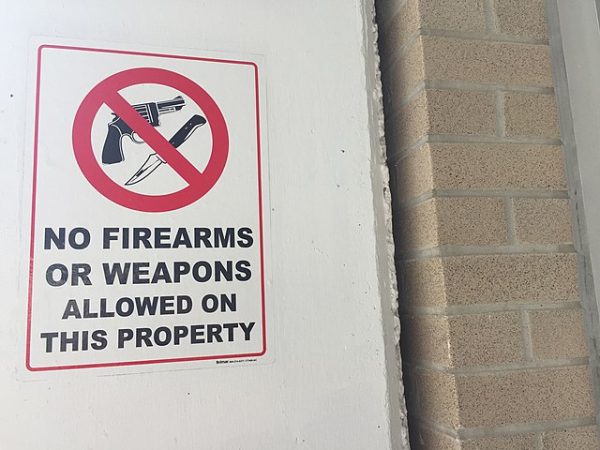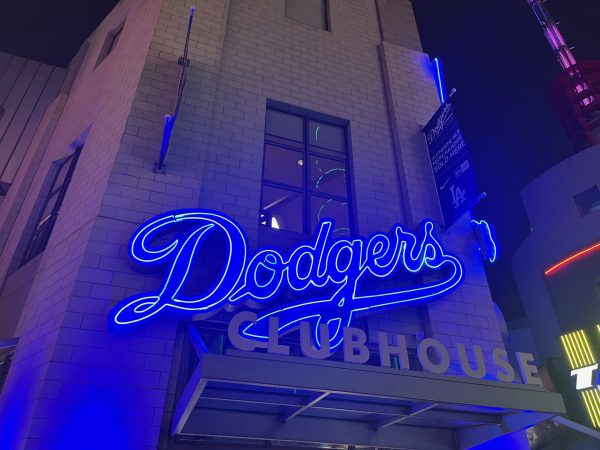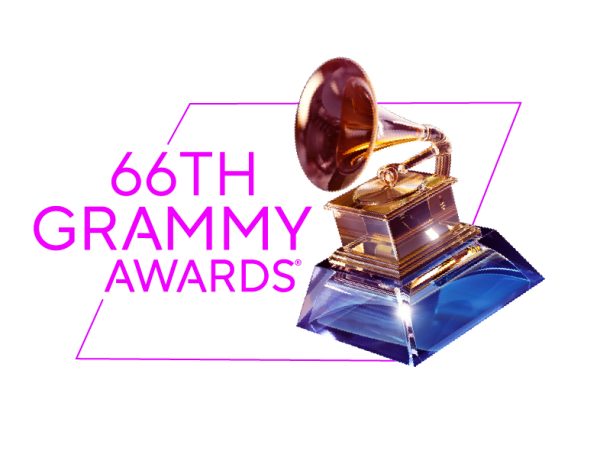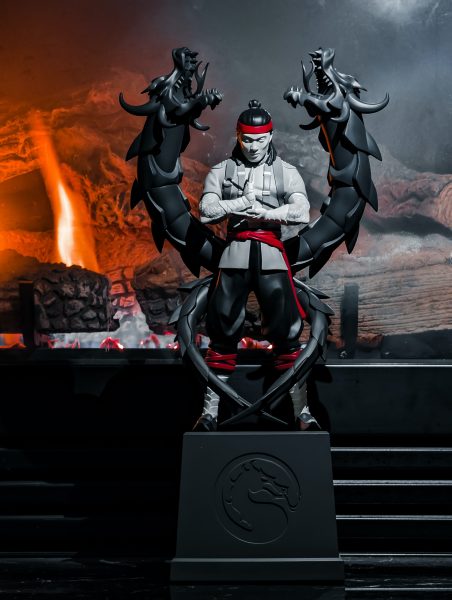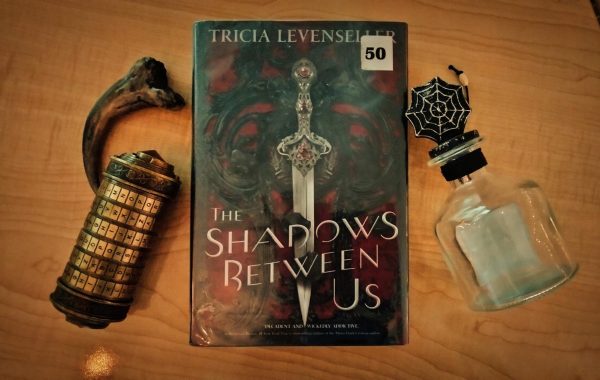Mitski’s new album Laurel Hell expresses a craving for personal autonomy and showcases the harsh reality of giving yourself up to your craft
Mitski performing at the Moore Theatre in Seattle for her newest album, Laurel Hell.
After announcing her hiatus from music and deactivating all her social media in September of 2019, Mitski Miyawaki (known mononymously as Mitski) steps back into the music world to release her newest album, Laurel Hell. Similar to her previous album, Be the Cowboy with its unmistakable pop influence, Laurel Hell goes deeper both sonically, with a new 80s style new-wave feel and lyrically, discussing intrapersonal transformations and the kind of vulnerability and resilience that comes with them.
The first single released from the album, Working for the Knife, exhibits the horrors of being an artist in the public eye and the struggle of meeting unrealistic expectations as an established popular figure. Within those 2 minutes and 38 seconds, Mitski utilizes a variety of instruments such as synths and a distorted electric guitar to convey the defeat of something pure being tainted by an industrial need to produce.
The album itself starts out with a melodic progression mimicking that of a choir—her voice is hypnotic, pulling you in as she reveals her true self—and as you step into the darkness with her, you’re transported onto this merry-go-round of longing and serene observance.
As the album proceeds she goes from a peppy, almost ironic (considering the much darker lyrics) tone while other songs are slow, almost like a lullaby, easing you into solemn heartache.
It’s evident that Mitski wanted to avoid the basic, overused heartache narrative—as she says in The Only Heartbreaker, “I’ll be the bad guy in the play”—and rather than coming from a place of self-pity, she goes deeper, exploring her own actions and their effects. She asks for forgiveness within herself and with others in hopes to break free from the shackles of self-perceived burden.
Although it seems as though she reaches acceptance, both with herself and the people she’s been involved with, Love Me More tells a story about wishing to go right back to where one started. While desperation and longing are consistent themes of the album, this song in particular expresses the feeling of wanting to be completely consumed by love to the point where one can completely lose themselves. With the racing, fast-paced chorus, you feel an urge to shout with her these tales of despair.
As the album finishes with That’s Our Lamp, Mitski does just that—she ends right where she started. As she fades away, the audience doesn’t know if they’ll see her again, and she doesn’t know if she’ll be back.
Given everything that’s happened in the world over the course of 2 years, Laurel Hell’s portrayal of alienation and loneliness fit in line with the effects of the COVID-19 pandemic. How can we once again become how we once were and what will it take to feel a part of something again?
Mitski’s evolution couldn’t be shown clearer with Laurel Hell. Lush, her first album (self-released) while she was still at SUNY Purchase College’s Conservatory of Music, spotlighted piano, raw vocals, and beautifully poetic lyricism. Even then it was evident that she was no amateur, and she’s only grown in popularity, recently reaching 10 million listeners on Spotify.
Junior at Taft Charter High. I love music, writing, and reading.


